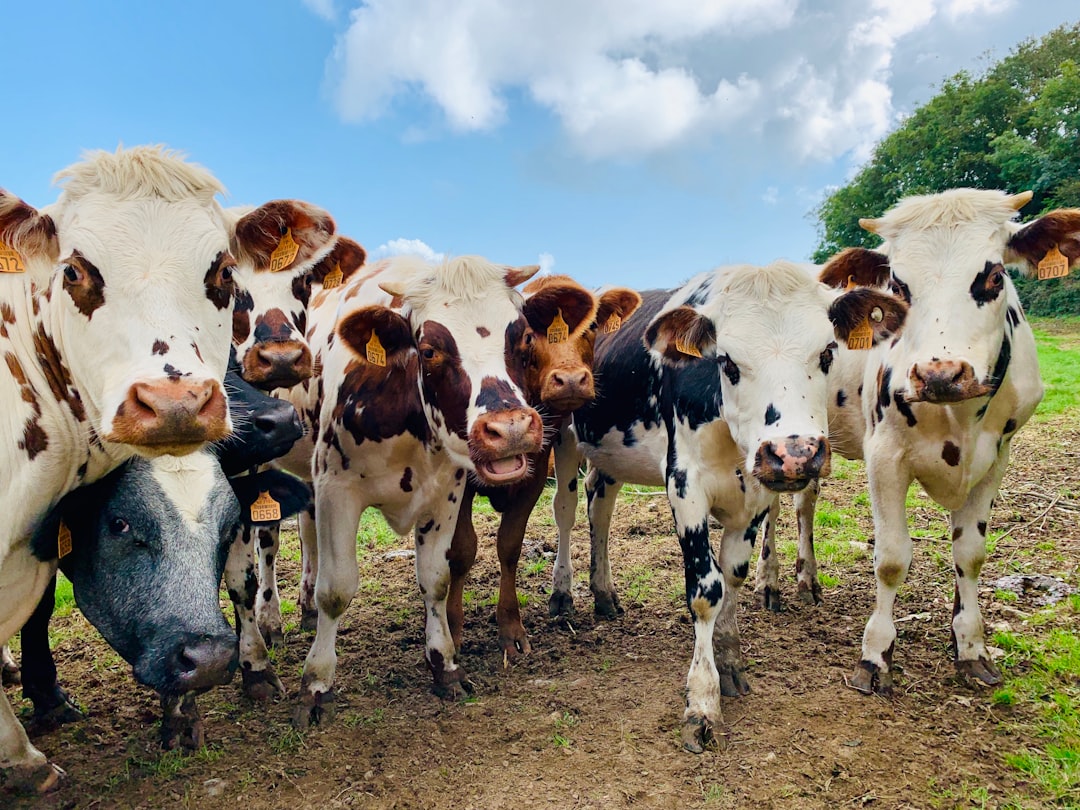Animal husbandry plays a crucial role in global food production, but it also raises significant ethical considerations. As consumers become increasingly aware of animal welfare and environmental impacts, the industry is under pressure to adopt more ethical practices. This post explores different ethical frameworks and consumer expectations, highlighting the complexities and challenges in balancing animal welfare, environmental sustainability, and economic viability.
Ethical Frameworks in Animal Husbandry
Ethical frameworks in animal husbandry are multifaceted, involving principles such as beneficence, non-maleficence, justice, and autonomy. These principles guide veterinarians and farmers in making decisions that prioritize animal welfare while respecting human needs and rights. The concept of "One Health" emphasizes the interconnectedness of human, animal, and environmental health, advocating for collaborative approaches to address shared health challenges.
Animal Welfare and Sustainability
Animal welfare is a cornerstone of ethical animal husbandry. Practices that enhance animal well-being, such as providing adequate space and reducing stress, are increasingly recognized as essential for sustainable food systems. However, the industrialization of agriculture has often prioritized efficiency and profitability over animal welfare, leading to ethical dilemmas.
Consumer Expectations and Perceptions
Consumers increasingly associate high animal welfare standards with better food quality and safety. Despite this, there is often a disconnect between consumer concerns and purchasing decisions, with many consumers not translating their beliefs into action. Ethical labeling and transparent production practices can help bridge this gap by providing consumers with clear information about animal welfare conditions.
Global Perspectives on Ethical Animal Husbandry
-
European Union: The EU has implemented regulations emphasizing animal welfare in agriculture, reflecting consumer demands for higher standards.
-
ACP Countries: In Africa, the Caribbean, and Pacific regions, policymakers are focusing on building sustainable animal production systems that respect local values and address social justice concerns.
-
United States: Initiatives like the U.S. Department of Agriculture's Western Regional Coordinating Committee on animal ethics aim to develop industry standards that balance animal welfare with economic realities.
Challenges and Opportunities
-
Balancing Welfare and Profitability: The industry faces challenges in balancing animal welfare with economic viability. Innovations in animal-friendly production methods and consumer education can help align these goals.
-
Technological Advancements: New technologies, such as precision livestock farming, offer opportunities to enhance animal welfare while improving efficiency and reducing environmental impacts.
-
Global Collaboration: International dialogue and collaboration are essential for developing ethical frameworks that respect diverse cultural and environmental contexts.
Conclusion
The ethical considerations of animal husbandry in food production are complex and multifaceted, involving ethical frameworks, consumer expectations, and global perspectives. As the world seeks more sustainable and humane food systems, addressing these ethical challenges will be crucial. By integrating ethical practices into animal husbandry, the industry can enhance animal welfare, support environmental sustainability, and meet evolving consumer demands.
Future Directions
Looking ahead, the future of ethical animal husbandry will depend on continued innovation and collaboration. This includes developing more transparent and consumer-friendly labeling systems, investing in technologies that enhance animal welfare, and fostering global dialogue to address shared ethical challenges. As consumers become more informed and engaged, the industry must adapt to meet their expectations, ensuring that animal husbandry practices align with broader societal values of sustainability and compassion.
Citations:
- https://veterinaria.org/index.php/REDVET/article/view/531
- https://knowledge.cta.int/Dossiers/Commodities/Livestock/Feature-articles/The-ethics-of-animal-production-and-sustainability.html
- https://pmc.ncbi.nlm.nih.gov/articles/PMC7143148/
- https://porkgateway.org/resource/animal-ethics/
- https://consensus.app/questions/what-ethical-considerations-enhancement-animals/
- https://www.noah.co.uk/wp-content/uploads/2016/04/Consumer-Attitudes-to-Animal-Welfare-IGD.pdf
- https://www.forskningsetikk.no/en/guidelines/science-and-technology/ethical-guidelines-for-the-use-of-animals-in-research/
- https://pmc.ncbi.nlm.nih.gov/articles/PMC6952865/
- https://orgprints.org/1650/2/EU/harper.pdf

Comments
No comments yet. Be the first to comment!
You must be logged in to comment. Login